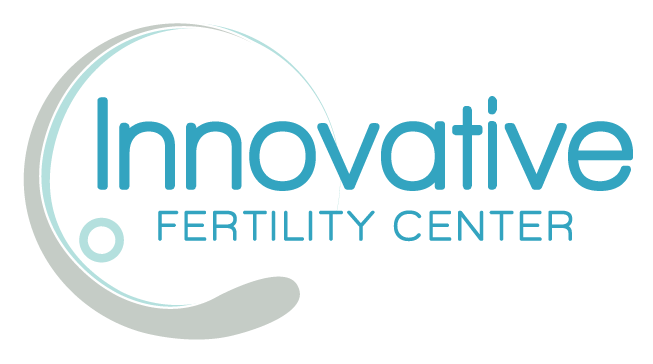PGT-M
PGT-M can help patients have healthy pregnancies and babies
At Innovative Fertility Center, Joshua J. Berger MD, PhD and Mark Rispler MD recognize that our patients may need assistance to create the families they desire. We offer state-of-the-art fertility treatment at our Manhattan Beach fertility center, including PGT-M, also known as preimplantation genetic testing for monogenic disorders. With this type of testing, our team can increase the odds of our patients having a positive outcome from fertility treatment.
Why our Manhattan Beach fertility center utilizes PGT-M
When preconception testing at our Manhattan Beach fertility center reveals that a couple carries a gene for a specific genetic disorder, we typically recommend PGT-M. Doctors often compare this type of preimplantation genetic testing to a bloodhound tracking the scent of a specific genetic disease.
Some of the genetic disorders that this testing can identify include cystic fibrosis (CF), Huntington’s disease, sickle cell disease, muscular dystrophy, polycystic kidney, Tay-Sachs and hemophilia. Patients may know that they are at risk for certain genetic disorders because one of the partners has the disease or is a carrier. However, most of the patients who opt for this type of genetic testing will have completed preconception testing to identify the need for it.
This type of preimplantation genetic testing offers a proactive approach to embryo transfer
If testing reveals that a couple is at risk for transmitting a genetic disorder to their children, we will usually recommend IVF with PGT-M. We will enlist the lab at our Manhattan Beach fertility center to perform this testing, allowing the embryologists to identify healthy embryos for transfer during an IVF cycle.
- Ovulation induction, egg retrieval and fertilization in the laboratory proceed as usual during this type of treatment cycle.
- Day 5, 6 or 7 IVF embryos are biopsied, and six to eight cells are sent to the reference genetics lab for evaluation. The remaining cells continue to divide without disturbing the embryo’s development.
- The reference genetics lab sends a report, allowing us to identify which embryos are unaffected by the genetic disorder and can be selected for transfer.
This type of preimplantation genetic testing gives hopeful parents additional peace of mind. It can reduce the chance of passing on inheritable diseases to future children. It can also provide information that the doctor can use to treat recurrent miscarriage or failed IVF cycles.
We understand that fertility treatment and genetic testing can feel overwhelming. Our team is available to answer any questions you may have about fertility treatments. Contact Innovative Fertility Center for more information about preimplantation genetic testing and fertility treatment options.
- IUI & IVF
- Intrauterine Insemination, or IUI
- Sperm Prep for IUI
- Candidates for IVF
- IVF for Single Motherhood
- IVF After Tubal Ligation
- Should I Consider IVF?
- In Vitro Fertilization, IVF
- IVF Consultation
- IVF Process
- Egg Retrieval
- Embryo Transfer
- Intracytoplasmic Sperm Injection
- IVF Success Rates
- Preimplantation Genetic Diagnosis & Screening
- PGS
- PGT-M
- Failed IVF Cycles
- IUI & IVF
- Intrauterine Insemination, or IUI
- Sperm Prep for IUI
- Candidates for IVF
- IVF for Single Motherhood
- IVF After Tubal Ligation
- Should I Consider IVF?
- In Vitro Fertilization, IVF
- IVF Consultation
- IVF Process
- Egg Retrieval
- Embryo Transfer
- Intracytoplasmic Sperm Injection
- IVF Success Rates
- Preimplantation Genetic Diagnosis & Screening
- PGS
- PGT-M
- Failed IVF Cycles
